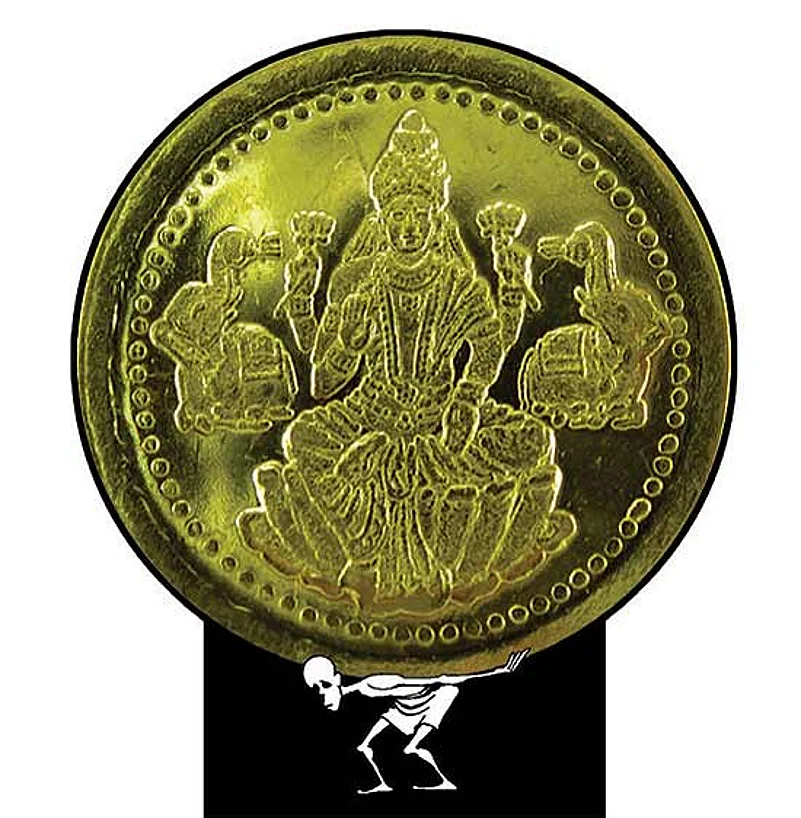India’s shift towards a market economy was like a volcanic eruption, the lava of which is still spreading through society. Its impact, along with globalisation, has greatly benefited many people, but especially those who already had significant advantages created for them by the erstwhile, more socialist regime. The urbanising middle class of the 1960s and 1970s had schools, hospitals, roads, energy services, even cultural institutions—all created by the state, or under its aegis. When liberalisation came along, they were poised and ready for take-off. Traditional business houses—once they got over their fear of competition—also leveraged their experience and their access to capital and benefited hugely from a more open economy.
The rest of India still awaits the unfolding of the promise. There are new global pressures—the threat of climate change, fearful and ageing developed countries with closing borders and the unsolved questions of energy beyond oil. At home, we have a young and restless population and a shrinking natural resource base. As we celebrate our near double-digit GDP growth, we have to rethink what kind of growth will give dignity and freedom to our citizens and leave enough to fulfil our inter-generational and global responsibility. If we do not, there is a huge risk of a revolution fed by falling expectations in the hinterland of the country.
This means that those of us who reaped the advantage of liberalisation have that much more responsibility to help realise the idea of India.
My family’s journey has shadowed the journey of economic reforms. Personally, I have received unimaginable advantages from the decisions taken by government two decades ago. The blazing trail set by Infosys would never have been possible without them. The dismantling of the licence raj and the opening up of economic borders allowed a team of professionals with no particular business lineage to create an ethical company that could compete with the best in the world and make Indians proud. The tiny investment from my small savings, which I put into the company that my husband Nandan Nilekani co-founded in 1981, has, over the years, generated bewildering returns. Coming from a typical middle-class urban home, I suddenly had the opportunity to create my own opportunities. For example, I was able to travel extensively in India and around the world, meeting amazing, creative and committed people. And I became an accidental philanthropist in the process.
Surely, everyone would want that kind of opportunity to expand horizons. Millions of Indians have moved from just surviving or accepting life as it used to be to imagining a life where they can thrive and rise up to their potential. This rise of individual hope could generate massive amounts of creative energy. But public policy makers have the challenge of ensuring that the individual aspirations of a few million do not jeopardise the chances of the remaining millions.
History has shown us many times that if the state repressively forces the redistribution of wealth and social justice, it becomes dangerous both for democracy and for human creativity. Yet, restraining the excesses of a capitalist structure that creates new inequities seems to need more than good public policy. Unfortunately, the overwhelming moral force exerted by leaders like Gandhi comes by too rarely in the life of a nation.
Perhaps we can focus instead on creating many more platforms for the intermingling of those who have been able to forge a better life and those who have been left out by the direction of economic reforms. The great adventure ahead is to forge a common understanding of the new science that confirms that all our fates are inextricably intertwined not just in the distant future, but right now. Market-oriented liberalisation has brought us up to one stage. We now have to define a different decade for India. Can we re-form the economic reforms?
The author is the Chairperson of Arghyam


























